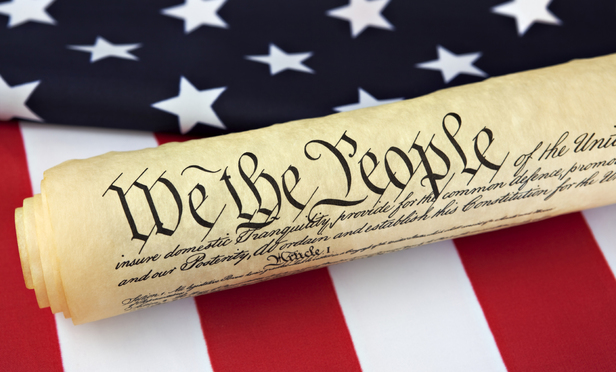The Fourth Amendment provides a consistent stream of litigation to the U.S. Supreme Court. This term is no exception. In Utah v. Strieff, No. 14-1373, the Supreme Court will again address a murky area of Fourth Amendment law: whether the attenuation exception to the exclusionary rule extends to the discovery of a pre-existing warrant during an illegal stop.
For a doctrine that produces so much litigation, the exclusionary rule itself is fairly simple. In general, the exclusionary rule requires suppression of evidence obtained in violation of the U.S. Constitution. The underlying purpose is to deter police misconduct. The rule applies to all evidence derived from an illegal search, or the “fruits of a poisonous tree.”



